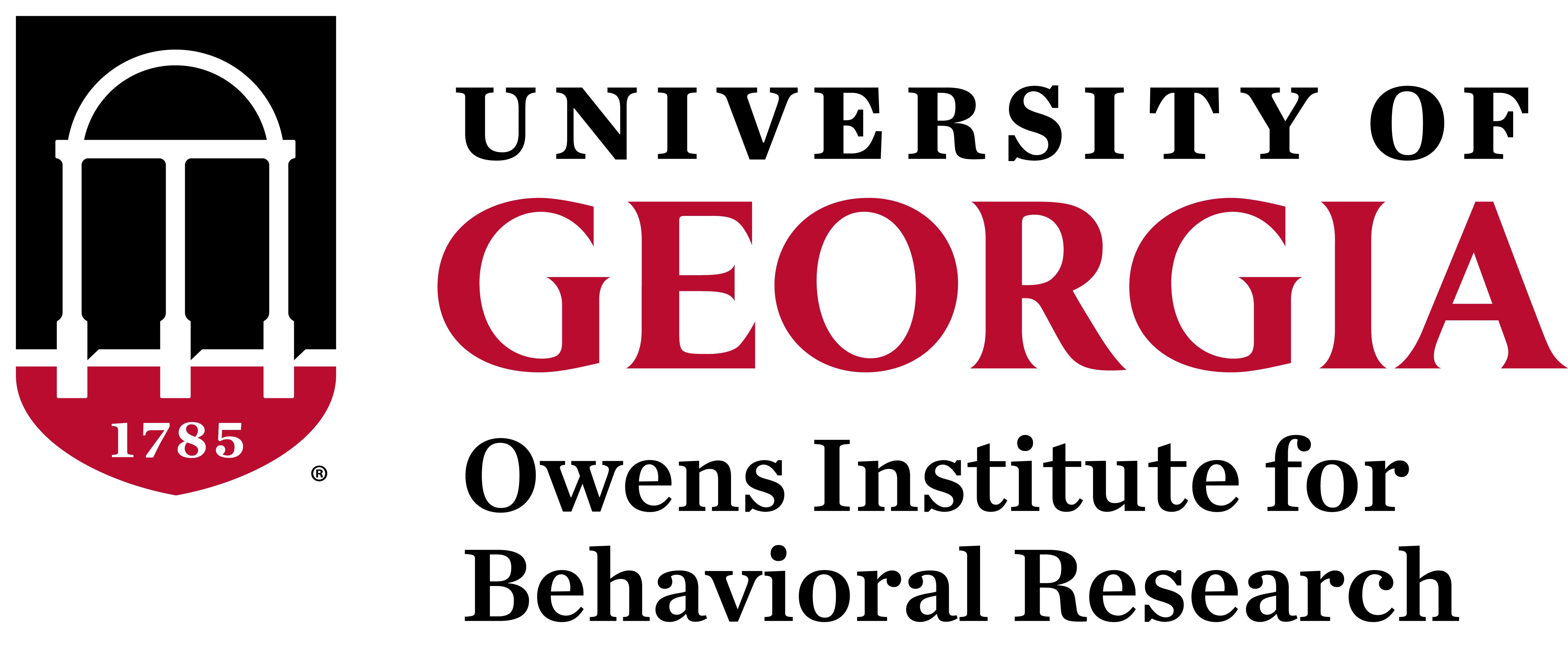Translational Research Impact: A Quest for Military Family Financial Well-Being


Dr. Catherine Walker O’Neal is an assistant professor in Human Development and Family Science at the University of Georgia and principal investigator on a recent grant project titled “A Proposal to Measure the Effectiveness of Financial Literacy Efforts Across the DoD,” funded by the USAA Educational Foundation (USAAEF) in the amount of $600,000 over an 18-month timeline.
This project journey began when Dr. O’Neal’s research team was approached by the USAAEF and was asked to submit a proposal. This was a testament to her reputation for evaluating financial family life education programs for the Department of the Air Force. After months of rigorous proposal writing and interviews with stakeholders, her team emerged victorious in securing this competitive grant.
Through this project, Dr. O’Neal has two exciting opportunities to make an impact with her translational research. Firstly, it aids the Department of Defense in aligning financial literacy training with scholarly research, incorporating an understanding of contextual factors that are crucial to military families’ financial well-being. Secondly, it addresses the DoD’s need for evidence-based solutions to measure financial well-being, especially concerning financial literacy training. The goal is to positively impact the nearly 3.5 million total force personnel and their families.
The time and labor involved in applied research such as this demands substantial effort. It involves collaborating with policymakers and professionals to understand their needs and employing rigorous research methods. Despite the challenges, O’Neal finds fulfillment in contributing to positive changes in policy or programming for military families.
Challenges aside, the most rewarding aspect of her various translational research projects has been that she has consistently worked with stakeholders who see the merit of developing policies and programs that are research-based. “I appreciate their excitement and receptiveness for how research can inform their work. In particular, the most rewarding experience is to see our work contribute to positive changes in policy or programming for families,” shared Dr. O’Neal.
When asked about her influences in Human Development and Family Science (HDFS), O’Neal credits Dr. David Wright as an influential mentor and friend. His undergraduate course on the development of interpersonal relationships helped develop her own philosophy and passion for social science from a relational lens. This highlights the profound impact educators can have on shaping the future of aspiring researchers.
Dr. O’Neal acknowledges the collaborative nature of her research, highlighting the significant contributions of mentors and colleagues like Dr. K.A.S. Wickrama, Dr. Jay Mancini, and Dr. Mallory Lucier-Greer. Collaborative efforts, she emphasizes, make the research journey more enjoyable.
Her personal research philosophy prioritizes examinations with a context-rich family systems perspective. O’Neal emphasizes understanding the perceptions of multiple family members and how they are affected by changes within and beyond the family system.
The work of Dr. O’Neal’s research team extends beyond the immediate project, contributing to a broader understanding of military family life, resilience, and the implications of financial stress on well-being.
Looking ahead, her team is excited about a new study collecting longitudinal data from couples with school-aged children. This study will provide fresh insights into military family well-being, expanding the scope of existing research that typically focuses on very young children or adolescents and considering numerous facets of well-being, including mental health, physical health, relational health, and financial health.
Dr. O’Neal envisions continued growth in her research, driven by a passion for understanding and improving the well-being of military families. Her future research projects promise to contribute significantly to the ongoing discourse on family life, resilience, and financial well-being within the military community.
Author: Andrea Horsman
